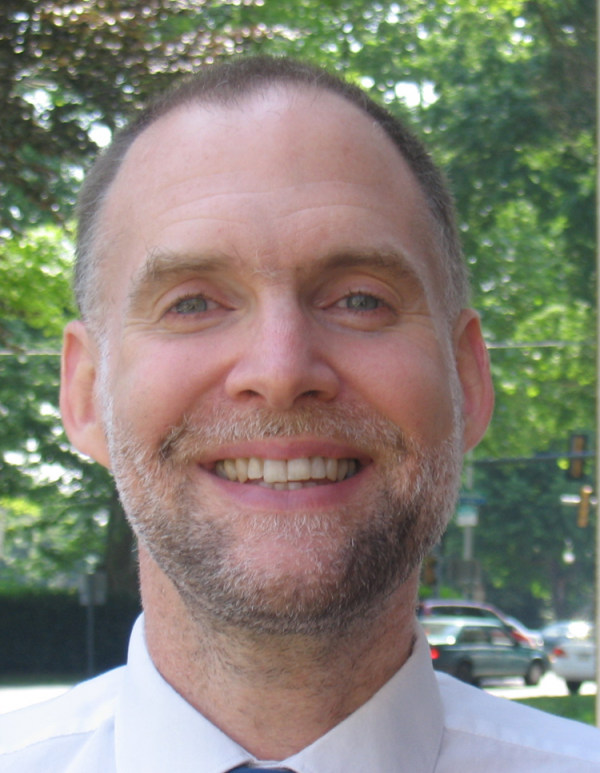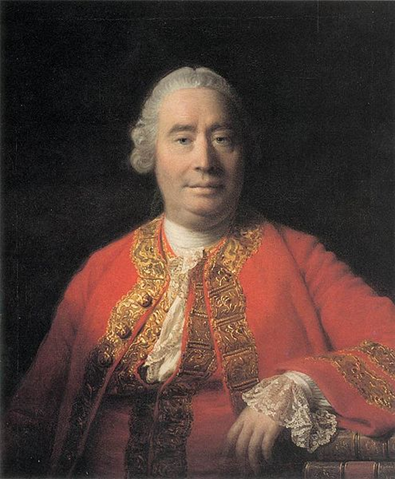Miracles as Reality: An Interview with Craig S. Keener
An Interview with Craig S. Keener on the Miraculous and his Recent Book, Miracles: The Credibility of the New Testament Accounts.
The Pneuma Review: As a New Testament scholar you have a great interest in the meaning of the biblical text but you also seem to have a great interest in miracles. Could you tell us a little bit about that?
 Craig Keener: Some estimate that 31 percent of Mark’s Gospel, or roughly 40 percent of his narrative, addresses miracles. To ignore the question of miracles is to ignore a hefty portion of the biblical text. Perhaps one-fifth of the Book of Acts addresses miracles, almost as much as the speeches, yet scholars often comment on the topic of the “speeches in Acts” while comparatively ignoring the miracles. I think this is a blind spot in our Western readings of the text since David Hume. Since Hume, scholars have often treated the miracle accounts in the Gospels as an embarrassment, neglecting them, explaining them away, allegorizing them in ways we wouldn’t do with most other narratives. Those are culturally circumscribed readings: when someone in the first century heard a healing report of Asclepius, for example, they understood that it was meant to invite faith in Asclepius’s power to help supplicants. Reports that the New Testament writers expected to generate faith are often treated very differently by scholars today, who are often captive to a very different worldview.
Craig Keener: Some estimate that 31 percent of Mark’s Gospel, or roughly 40 percent of his narrative, addresses miracles. To ignore the question of miracles is to ignore a hefty portion of the biblical text. Perhaps one-fifth of the Book of Acts addresses miracles, almost as much as the speeches, yet scholars often comment on the topic of the “speeches in Acts” while comparatively ignoring the miracles. I think this is a blind spot in our Western readings of the text since David Hume. Since Hume, scholars have often treated the miracle accounts in the Gospels as an embarrassment, neglecting them, explaining them away, allegorizing them in ways we wouldn’t do with most other narratives. Those are culturally circumscribed readings: when someone in the first century heard a healing report of Asclepius, for example, they understood that it was meant to invite faith in Asclepius’s power to help supplicants. Reports that the New Testament writers expected to generate faith are often treated very differently by scholars today, who are often captive to a very different worldview.
PR: How have the arguments of David Hume contributed to anti-supernatural thinking in the West?

David Hume (1711-1776), a historian and philosopher known for his skepticism and empiricism.
Keener: Hume borrowed arguments of some earlier Deists against miracles, and some of the apparent gaps in his arguments are because he is taking some conventional Deist arguments for granted. In his own day, his essay about miracles was overshadowed by other works, especially one by Conyers Middleton. Deism eventually faded from fashion, but Hume’s prestige, based on his other essays, led to his miracles essay being widely influential. Many today do not realize the historic pedigree of their views, but their ready dismissal of the plausibility of miracles simply repeats Hume’s claim.
PR: What is the fallacy in Hume’s thinking?
Keener: There is more than one. Foundational is his argument from uniform human experience. The first part of Hume’s essay appeals to laws of nature, presumably extrapolated from human experience, in a prescriptive way that does not fit current understandings of laws of nature. In Hume’s own era, in fact, most English scientists speaking about laws of nature affirmed the reality of biblical miracles; it was not scientific evidence but Hume’s philosophic argument that eventually led much of culture to reject miracles, often (wrongly) in the name of science.
Reports that the New Testament writers expected to generate faith are often treated very differently by scholars today—scholars who are captive to a very different worldview.
Category: Pneuma Review, Spirit, Summer 2012


